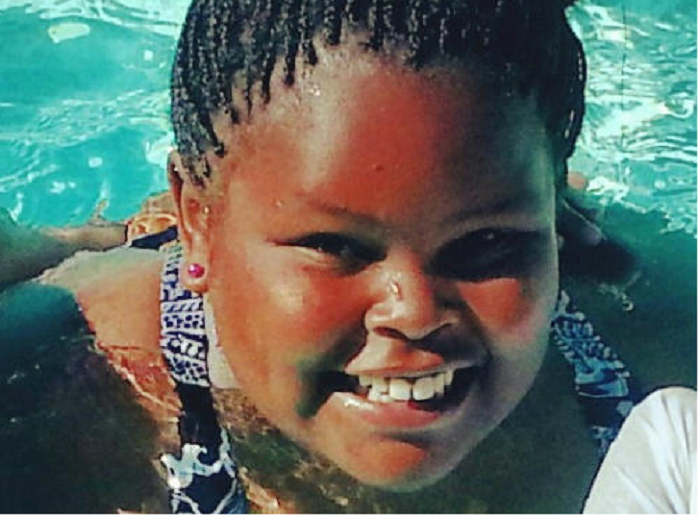Jahi McMath, the young California teen who lived for five years after doctors called her “brain dead,” died on June 22 from liver failure.
McMath’s story rose to national attention almost five years ago after she suffered complications during a routine surgery in December 2013. Doctors declared Jahi brain dead, but her family fought to keep the hospital from taking the then-13-year-old off a ventilator. After a public battle ensued, the family moved Jahi to another hospital where three doctors signed declarations stating that she was not brain dead.
The young woman’s family announced her death this week. Her mother, Nailah Winkfield, said Jahi died of excessive bleeding and liver failure after she had an operation for an intestinal problem, CBS News reports.
Bobby Schindler, president of the Terri Schiavo Life & Hope Network, expressed his condolences.
“We fought for Jahi, her family, and her rights ever since her 2013 brain injury,” Schindler said. “Jahi lived for nearly five years after being declared dead thanks to the love and care of her mother. The way that Jahi, Nailah, and her family were treated by some physicians since 2013 has been a scandal; a case study in the human cost of elitist and bureaucratic disregard for a patient who needed care.”
Schindler, whose sister Terri Schiavo was at the center of a similar debate more than a decade ago, said the brain death criteria for death was formulated 50 years ago, but it still is being debated today.
His organization advocates for revisions that allow for patients who may be experiencing severe coma, minimal consciousness, or other extraordinary behavior to still have a chance at treatment and care.
“After Jahi was ruled to be brain dead, she and her family found themselves in an incredible situation wherein Jahi was considered legally dead in California, but legally alive in New Jersey … Nailah Winkfield and Jahi’s entire family fought for nearly five years on the grounds that Jahi exhibited behavior inconsistent with the brain death diagnosis. Jahi was not only still alive, but may have benefited from treatment and rehabilitative care,” Schindler said.
“We will continue to advocate in Jahi’s memory for revisions to the ‘brain death’ criteria to ensure that patients who don’t meet the criteria in the future won’t be denied all care,” he continued.
Click here to sign up for pro-life news alerts from LifeNews.com
Winkfield said she believes her daughter was still alive for those five years that they fought for her. She said she watched Jahi wiggle her fingers and toes.
In 2016, her family said Jahi’s body had not deteriorated as is typical with brain dead patients on life support, and she was able to breathe on her own. A video showed her taking 14 to 15 breaths on her own in one minute at the prompting of her mother.
“Jahi wasn’t brain dead or any kind of dead,” Winkfield said. “She was a girl with a brain injury and she deserved to be cared for like any other child who had a brain injury.”
In 2014 and again in 2017, world-renowned neurologist Dr. Alan Shewmon also testified that McMath was not brain dead.
Though they are mourning, Winkfield said she feels contented knowing that she did everything she could to fight for Jahi’s life.
“These last four-and-a-half years have not been easy,” she said. “I can go to sleep knowing I did everything possible for my kid and no one can take that away from me.”








